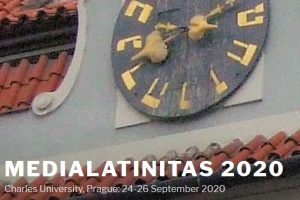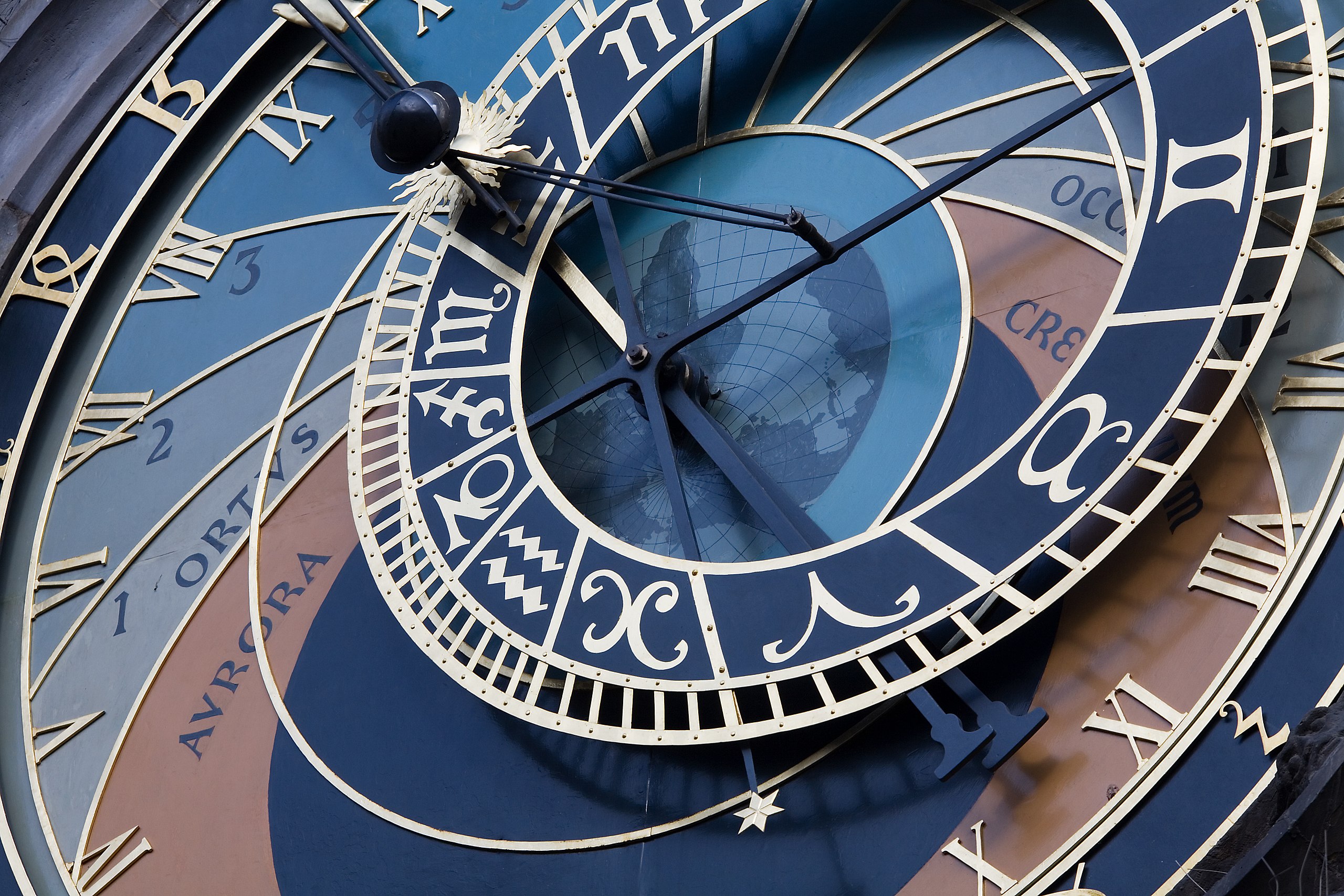
Charles University, Prague: 24-26 September 2020
In the novel Lʼignorance (2000) Milan Kundera noted the conceptual link in Spanish between nostalgia and not knowing—between añoranza and ignorance: “Nostalgia seems like the pain of ignorance, of not knowing. You are far away, and I don’t know what has become of you. My country is far away, and I don’t know what is happening there.” Such engagement with the past, sometimes romanticized, other times disenchanted, has been examined recently by Zygmunt Bauman in Retrotopia (2017). In other titles to scholarly books, David Lowenthal twice appropriated a famous phrase from the British writer L. P. Hartley, first in The Past is a Foreign Country (1985) and again, in a retrospective three decades later, in The Past is a Foreign Country – Revisited (2015). In these studies, the American historian noted how “nostalgia is today’s favoured mode of looking back” and how it can be both an attraction and an affliction. This sort of instrumentalized and sought-after palliative nostalgia involves thinking one does or can know.
Nostalgic sentimentality links the present to the medieval past. The Middle Ages have been envisaged as “ye good olde days.” For at least two centuries, the Latin language and literature of the era have been seen through a tavern haze of wine, women, and song, of devil-may-care student rituals and revels. Think of Victor Hugo’s Notre-Dame. The Carmina Burana and their translators have done their part. And learned antiquarianism has played a salient role in the early music movement. In the meantime, in universities and academies, traditions believed to have originated in the Middle Ages live on in ceremonies, costumes, and customs. In popular culture, old books, especially medieval manuscripts, and dead languages, perhaps Latin in particular, enjoy a special cachet and allure. They are to conjure with. We see the impact of Celtic and Old Norse in Tolkien and Latin in C.S. Lewis.
Was anything equivalent experienced during the Latin Middle Ages? Medieval nostalgia might seem like a contradiction in terms, for the word as first attested in English in 1770 and in French in 1802 designates a medical condition, a particular type of melancholy marked by “suffering caused by an unappeased yearning to return.” But nothing intrinsically precludes a medieval conception of the same pain, for nostalgia is related both to place and to time, and many times and places existed before the Middle Ages. Happy associations with an imagined past could have arisen either for individuals or collectively. Nostalgia may have had a niche in medieval conceptions of the past, memory, and emotions.
We have deliberately broadened the scope of Medialatinitas IX, by inviting scholars to explore this very present theme of nostalgia as it relates to the Latin Middle Ages. We hope that papers will deploy and explore as well as problematize and challenge the concept. What patterns does it follow? In what contexts does it appear? How is nostalgia linked to the present and even future rather than simply to the past? How might we distinguish an orientation towards the past that sees it as sacred and exemplary with more modern conceptions of nostalgia? Could we characterize the backwards glance of medieval Christian reformers to the apostolic age as a form of nostalgia?
And then there is politics. Nostalgia has at times been appropriated by political movements that instrumentalize stereotypes of the European Middle Ages as an imagined Age of Faith, heroism, authenticity, and ethnic origins. More recently the sentiment has been linked to rejection of social change in the demographic, technological, and other spheres. And, if nostalgia emerges from a constructed, fake memory, it risks becoming a manipulation of the past with potentially paralyzing consequences for future. The medieval era could become a battlefield, with racial supremacy, religious intolerance, national identity, and cultural elitism all entering the fray.
Possible topics for sessions and papers might include, but are not limited to:
- Nostalgia and impossibility of perfect reproduction of an original (for instance, in manuscript culture). Nostalgia and politics in manuscript layout and political overtones of certain scripts and carryover to printed fonts.
- Nostalgia (and negativism) about old books, old scripts, and old libraries: Did unsentimentality towards manuscript culture result in the destruction and loss of manuscript heritage?
- The sense of a lost Golden Age in Latin and vernacular literary and theological texts.
- Classical as well as Judaeo-Christian notions of a happy imagined past, both for either individuals or collectively.
- Personal and communal nostalgia and spatial projections: Eden, the Earthly Paradise, Heaven, Fairyland, and Utopia. Or temporal projections: desire for childhood and youth, longing for future – eschatology .
- Those before: Trojans, Romans, foundation-legends and aborigines in historiography.
- The dynamics of looking back – nostalgia and the passage of time: the past, its legacy, and its assessment. Present chaos and decay as opposed to past purity and order. Nostalgia as a generalized sentiment towards antiquity. Desire to reform the present on the basis of past models (return to origins – religious movements, medieval renaissances, foundational figures, such as Arthur, rex quondam rexque futurus, Charlemagne, and Charles IV for reviving the past).
- Nostalgia and medieval medicine for the soul (how to cure anxiety, feelings of loss, and melancholy in medical and theological writers.
- Literary medievalisms, including nostalgia for the Latin Middle Ages as embodied in modern novels, from Hugo’s Notre-Dame de Paris and Scheffel’s Ekkehard (1855) through Eco’s Name of the Rose (1980) and Baudolino (2000).
- Medievalism in cinema and the Latin Middle Ages.
- Medievalism as Reenactment and Creative Anachronism.
- Spatial and temporal separation, and the patterns of idealization, escapism, denial and rejection of the present.
- Constructing and manipulating memory, fake memory, imagination, stimuli and triggers of memory.
- Nostalgia explored in the history of emotions: longing, desire, and pain.
Please send abstract and a brief biography/research profile (300–400 words each) by 31 January 2020 to: Medialatinitas2020@ff.cuni.cz
Applicants will be notified by 31 March, 2020.
For further information and updates, please visit the congress website: https://medialatinitas2020.ff.cuni.cz
For information on the International Medieval Latin Committee, please see: https://imlc.huygens.knaw.nl/
After peer review, selected contributions will be published in Harvard Studies in Medieval Latin. Papers must be prepared for publication, not left as delivered orally, and provided with full documentation. For consideration, revised papers must be submitted digitally by 1 February, 2021.






